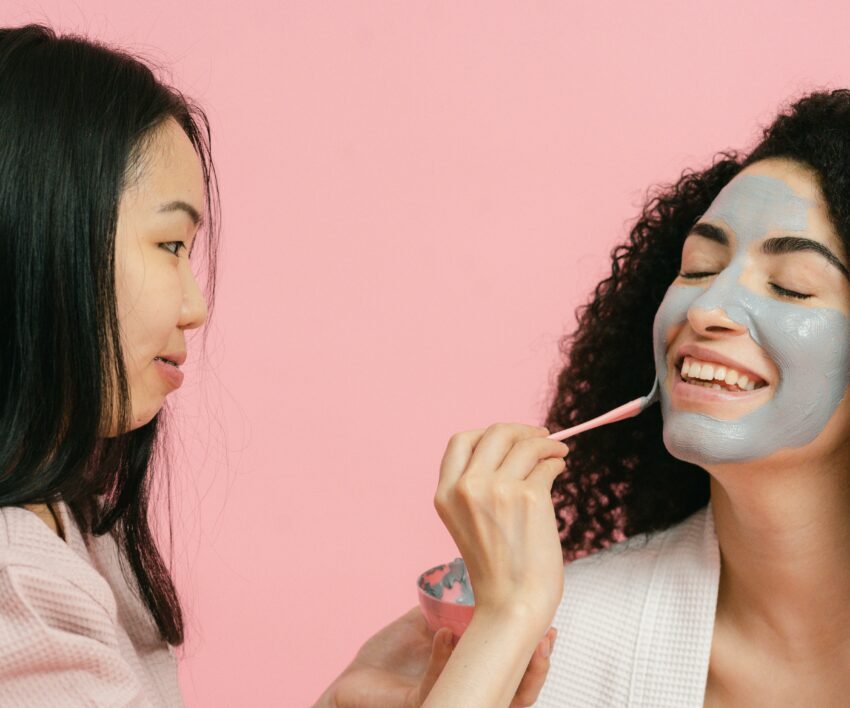
Winter is here! That means a drop in temperature, cold and wet weather conditions, and drier skin – a nightmare for those who are met with the unfortunate reality of having eczema-prone skin.
The reason for this is mainly that during colder months the air tends to hold less moisture, and with the dry environment becoming our reality between June to the end of August, this means that more and more people will likely experience much drier skin.
While the adjustment may be an inconvenience for the ordinary person who would either have to apply more lotion or invest in additional skincare products, the transition is even more dreadful for those with eczema as not all products tend to work well with this skin condition.
However, if you have eczema, then here is a list of things that you can do to ensure that your skin is the best it can be.
Humidifier
While this may cost you some money, the health and wellness publication Healthline suggests purchasing a humidifier to ensure that the humidity is restored back into your indoor environment.
“One of the biggest culprits of eczema during the winter is low humidity indoors, which may result from heating systems. These could take the moisture out of the air and dry your skin,” explains the above-mentioned source.
Stay hydrated
This is one that many of us may be familiar with, but staying hydrated is known to do wonders when it comes to the condition of the skin. Healthline recommends drinking at least eight glasses of water a day to ensure that your skin receives the much-needed moisture it deserves.
Mild skincare products
Another reputable health and wellness information hub, Medical News Today, explains that our skin often becomes more sensitive during the colder months, this might cause products that were previously okay, to start causing irritation.
The above-mentioned source therefore recommends turning to mild skincare products. “Soaps and detergents can contain harsh chemicals or fragrances that may irritate sensitive skin. Switch to natural or unscented skincare products to reduce irritation.”
It is also suggested that you avoid frequent bathing, showering or the washing of the face as this can also strip the skin of its natural oils, thus intensifying the flare-ups.
Eat Eczema friendly foods
“Several studies have shown that in people with atopic dermatitis, certain foods can worsen eczema symptoms. Food allergies can cause eczema, with common culprits being milk, shellfish, and eggs,” explains Medical News Today.
Also see:Eczema flare-ups controlling your life? These are foods to avoid | Bona Magazine




